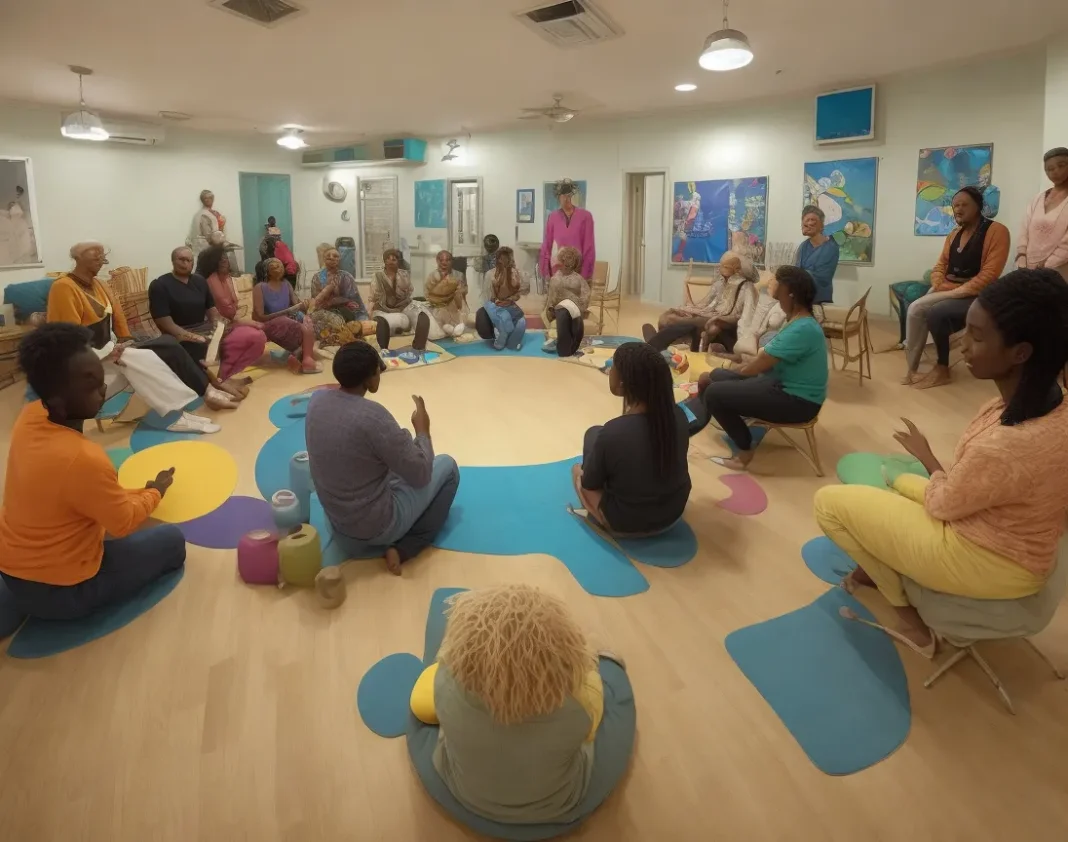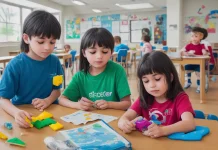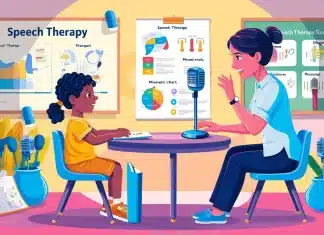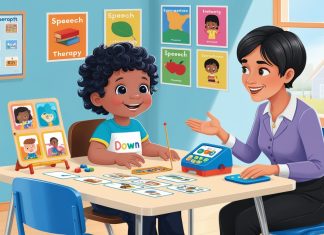Introduction
In a world driven by connections and interactions, the art of communication has emerged as a pivotal determinant of personal and professional success. Social skills training, a dynamic process that enriches your ability to engage and connect with others, plays a central role in fostering meaningful relationships, effective teamwork, and influential leadership. By delving into the realm of social skills, you embark on a journey of self-discovery and empowerment that transcends barriers and unlocks numerous opportunities.
Importance of Social Skills
Human interaction is the cornerstone of our society. The ability to convey thoughts, emotions, and ideas in a clear and impactful manner can shape the trajectory of your life. Social skills training equips you with the tools to navigate the complexities of human relationships, whether you’re engaging in a casual conversation or addressing a room full of stakeholders.
Benefits of Social Skills Training
Investing in honing your social skills yields a myriad of benefits. Not only does it bolster your self-confidence and assertiveness, but it also enhances your emotional intelligence, enabling you to empathize and connect with a diverse range of individuals.
Key Components of Effective Communication
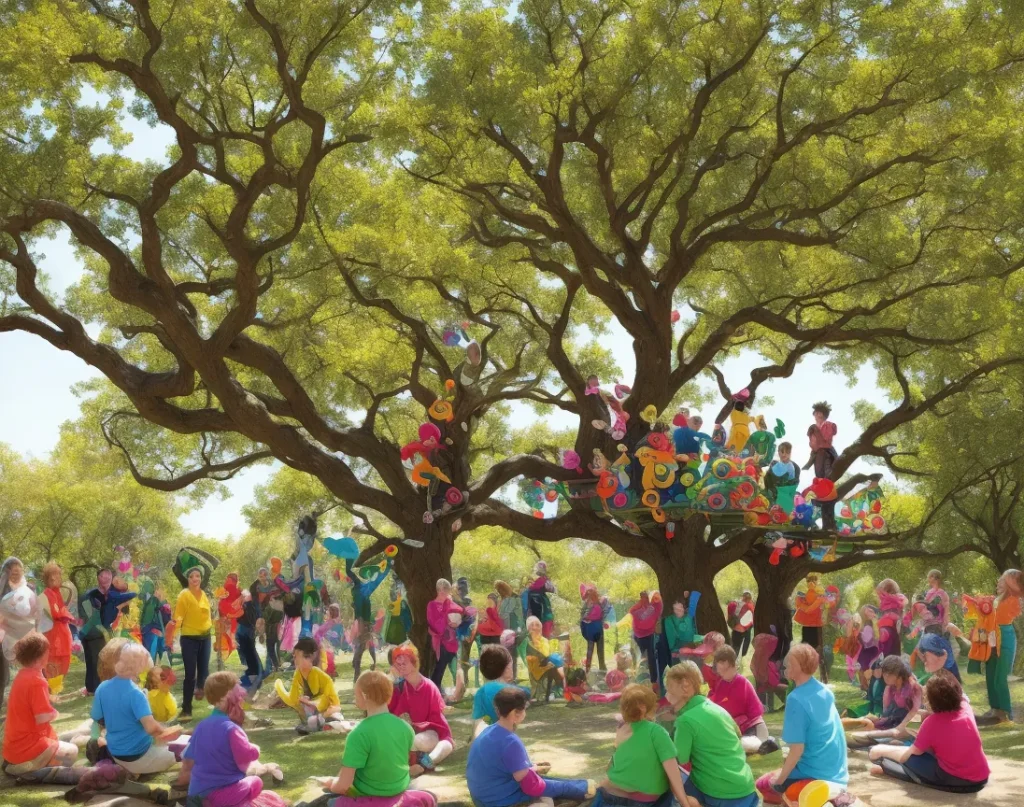
1 Verbal Communication Skills
Mastering verbal communication involves not only articulating your thoughts clearly but also actively listening to others. It’s about striking a balance between expressing yourself and valuing the perspectives of those around you.
2 Non-Verbal Communication Skills
Beyond words, your body language, facial expressions, and gestures communicate volumes. Social skills training uncovers the art of non-verbal cues, empowering you to convey messages with authenticity and precision.
Developing Empathy and Active Listening
1 The Power of Empathy
Empathy forms the bedrock of meaningful connections. By understanding and sharing the feelings of others, you create an environment of trust and rapport that transcends superficial interactions.
2 Active Listening Techniques
Active listening involves being fully present in a conversation, absorbing not just the words but also the underlying emotions. This skill fosters deeper connections and demonstrates genuine interest.
Conflict Resolution and Negotiation
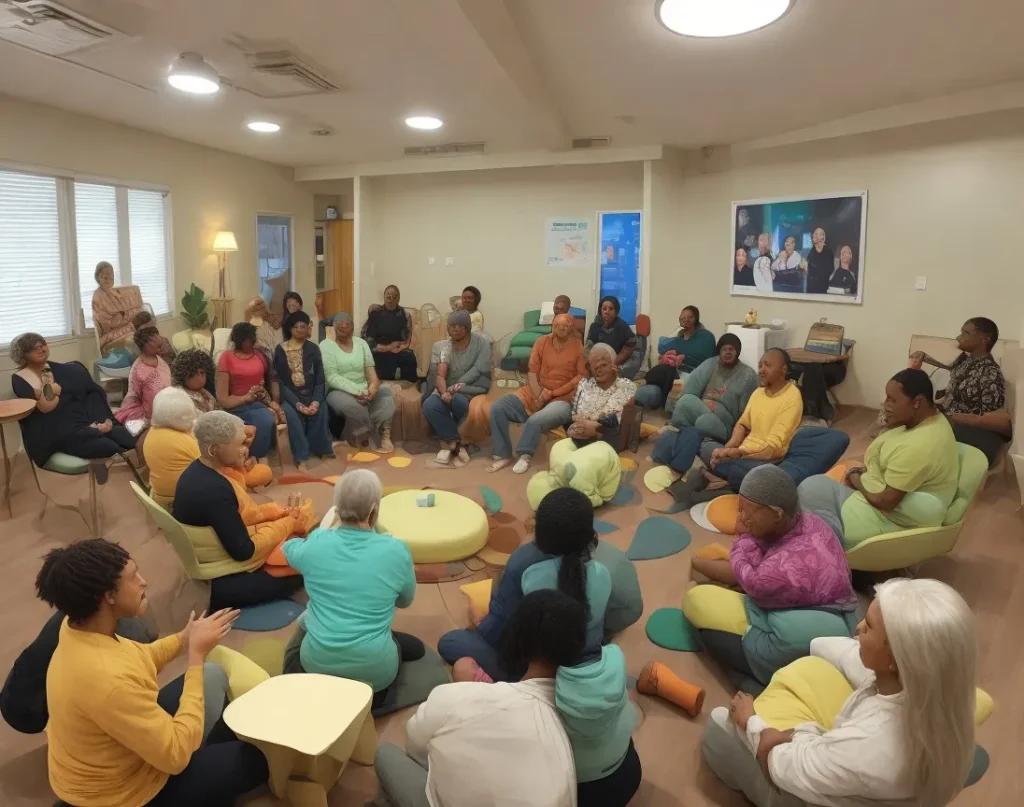
1 Navigating Difficult Conversations
Conflict is inevitable, but social skills training equips you with strategies to navigate conflicts constructively. Transforming clashes into opportunities for growth becomes second nature.
2 Art of Negotiation
Negotiation is an intricate dance that hinges on effective communication and understanding. Mastering this art enables you to strike mutually beneficial deals while nurturing relationships.
Building Strong Relationships
1 Building Rapport
Building rapport is about creating a sense of connection and harmony. Social skills training empowers you to build trust and camaraderie, vital in both personal and professional spheres.
2 Networking Skills
Networking expands your horizons and opens doors to new opportunities. Through social skills training, you can confidently navigate networking events and forge genuine, lasting connections.
Social Skills in the Digital Age
In an era dominated by technology, social skills extend into the digital realm. From crafting compelling emails to engaging in virtual meetings, your ability to communicate effectively online is essential.
Overcoming Social Anxiety
Social skills training is a powerful tool for combating social anxiety. By gradually exposing yourself to social situations and learning coping mechanisms, you can conquer your fears and thrive.
Enhancing Social Skills in Children
Nurturing social skills from a young age sets the stage for a fulfilling life. Parents and educators play a crucial role in helping children develop essential skills like communication, empathy, and conflict resolution.
Workplace Social Skills

In the professional sphere, social skills are instrumental. Effective communication, teamwork, and leadership prowess are key components that distinguish thriving employees and leaders.
Cultural Sensitivity and Diversity
Cultural sensitivity is the linchpin of successful interactions in a diverse world. Social skills training fosters cultural awareness, ensuring your interactions are respectful and inclusive.
Practicing Social Skills in Everyday Life
Social skills are not confined to specific scenarios; they permeate every facet of your existence. From casual conversations to family gatherings, practicing these skills enhances your life holistically.
Conclusion
In a society driven by connections, Through social skills training you embark on a transformational journey that transcends barriers, empowers your voice, and enriches your life. mastering the art of social skills is an endeavor that reaps remarkable rewards. From personal relationships to professional achievements, effective communication and empathy serve as your guiding stars.
FAQs
What is social skills training? Social skills training is a process of learning and developing effective communication, empathy, and interpersonal skills to navigate various social interactions successfully.
Who can benefit from social skills training? Anyone looking to improve their communication, build stronger relationships, and enhance their overall social interactions can benefit from social skills training.
How does social skills training help in the workplace? In the workplace, social skills training enhances teamwork, leadership abilities, and conflict resolution, leading to a more productive and harmonious work environment.
Can social skills training help with shyness and social anxiety? Yes, social skills training provides tools and techniques to manage shyness and social anxiety, gradually helping individuals become more confident and comfortable in social situations.
Is social skills training only relevant for in-person interactions? No, social skills training is relevant for both in-person and digital interactions, as it encompasses verbal and non-verbal communication skills across various mediums.

